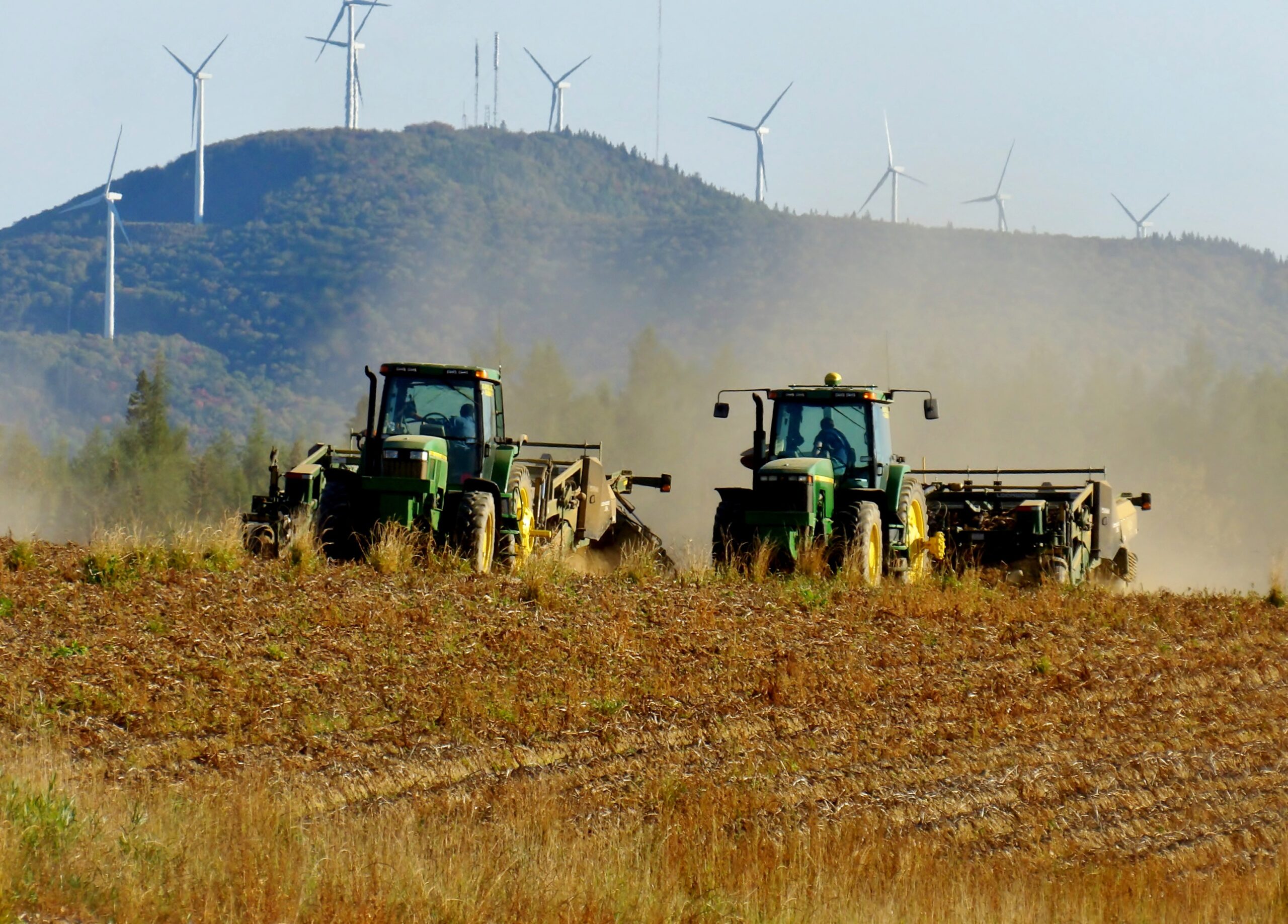
PRESQUE ISLE, Maine — A more than $100,000 grant will fund a project that to explore potential rotation crops for potato growers in the state, according to the Maine Potato Board.
Jake Dyer, agronomist for the board, said Thursday that a $105,527 grant from the U.S. Department of Agriculture Northeast Sustainable Agriculture Research and Education Program will support a two year project to develop “best management practices for pulse and oilseed crops in the Northeast.”
He said there is a “relatively undeveloped market for pulse and oilseed crops and there is also a lack of best management practices. That may discourage people from planting them.”
Pulse crops include dry peas and beans, along with chickpeas and lentils. Oilseed crops include soybeans, sunflowers, flax and canola. Dyer said that these could be used as rotation crops to plant every year or two between potatoes.
He said that these crops have the potential to make a positive financial and environmental impact on potato cropping systems by lengthening rotations, reducing system inputs, breaking insect and disease cycles, and reducing the extent and frequency of tillage.
Results from research projects conducted from 2013 through 2016 suggest several pulse and oilseed crops can be grown successfully in Maine with yields similar to or exceeding those common in states such as North Dakota, he said.
“We could see a comparable yield to those states,” said Dyer. “The pulse market also is growing. Consumers are interested in non-meat protein sources, which all pulse crops are high in.”
He said that some growers are already planting sunflowers as a rotation crop, including farmers in Caribou, Limestone and Monticello.
“This is an increase from two years ago when a few people were just dabbling in it,” he said. “There is no flax grown in the state that I am aware of, and no one is growing chickpeas or lentils.”
He said that the grant also will help with marketing.
“There is an expanding food industry in Maine, so we are always looking at crops we can grow,” added Dyer. “We can grow a lot of different foods here.”




